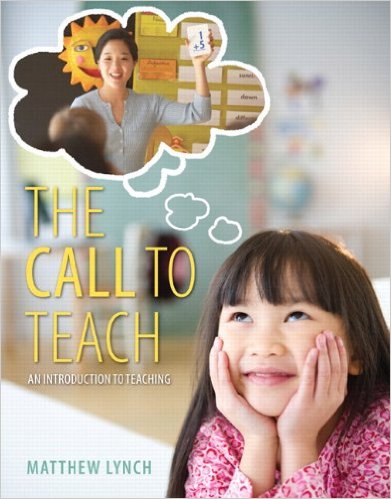3 Questions We Should Ask About Preschool

President Obama has been vocal about his belief that a publicly-funded universal preschool initiative is necessary to give American children an academic advantage before ever setting foot in a Kindergarten classroom. A poll conducted by the bipartisan team of Hart Research and Public Opinion Strategies found that 70 percent of respondents were in full support of a universal preschool plan as long as it did not contribute to the national deficit. Sixty percent of the Republicans polled supported the plan, despite its close ties with the Democratic Chief. It is clear that average Americans, despite party affiliation, are supportive of essentially extending the public school system to include preschool-aged students.
With presidential candidate Hillary Clinton and other prominent politicians in favor of universal preschool, it’s time to ask some important questions about what could be yet another large-scale change we make to our public school system.
Here are some questions we need to ask about preschool before integrating it into our current K-12 system:
- Does preschool prepare students for kindergarten?
Researchers from the University of Minnesota’s Humphrey School of Public Affairs studied 1,000 3-and 4-year-olds enrolled in 11 Chicago schools. Students who attended preschool seven hours a day were compared to those who attended three hour programs, then tested at the commencement of preschool to see if they were socially and academically prepared to begin kindergarten.
The study found 59 percent of the students enrolled in the half-day program to be ready compared to 81 percent of the all-day preschool attendees.
In the fall of 2012, 78 percent of white students were prepared to enter kindergarten compared to 74 percent of black children and 62 percent of Native American and Hispanic students.
Early childhood education advocates believe this move could help minimize the achievement gap between white students and minority students.
The study’s lead author Arthur Reynolds feels that the state should consider funding all-day preschool programs so all students are ready to learn when they enter school.
- Does preschool prepare children for the years ahead?
Studies of federal early education programs, like Head Start, have found that kids entrenched in academics early on show little to no academic advantages compared to kids that started school later. The positive academic impact of early education programs is non-existent by fifth grade. Further, state-based preschool campaigns in states like Oklahoma reveal no real long-term critical thinking or social advantages for the students.
The real question that needs to be answered is whether or not starting kids earlier, across the board, will have a measurable impact on the success of American students throughout their careers. This answer comes with a host of complications though. What specific gains will constitute “success” in a universal preschool initiative? Higher standardized test scores? Better graduation rates? More graduates who go on to earn math and science degrees? Laying out a preschool plan that does not spell out any goals, or steps for achievement, is like sowing seeds haphazardly in a field and hoping something comes to fruition.
- Will preschool help underprivileged children catch up?
In some urban areas that endure lower achievement and graduation rates, pre-K programs are considered a tool to help bridge the achievement gap.
Philadelphia schools superintendent William R. Hite stood before the kids and their parents and called for an increase in the amount of resources and educational opportunities for the kids in his school system, particularly the ones who are Pre-K age. Hite said that the difference between children who are able to take advantage of early childhood education opportunities and those who do not really does show up later in the schooling process.
“Quite frankly, it’s the difference between reading at a third-grade level and not. That’s a big indicator for us for future success of a child,” Hite said.
He added that “every single student” should have access to early childhood programs in the state of Pennsylvania— not just a handful.
Meanwhile in New York, an early-education initiative was created to decrease the achievement gap between those growing up in Brooklyn, and those in the world of West End Avenue.
Under Carmen Farina, the schools’ chancellor, more underprivileged children would theoretically be taught the in the same ways the city’s affluent children are: according to the fundamentals of immersive, play-based, and often self-directed learning.
Nearly, if not all, private preschools in New York City align itself with the philosophies of Reggio Emilia, an education model that gained prominence in the 1990s. His belief was that children need some control over the course of their learning and the ability to express their various languages. Art, music and imaginative play take on substantial roles.
With studies showing that Sesame Street teaches children just as well as preschool, it can be easy to downplay the importance of early childhood education in our country. While the results about the effectiveness of preschools are mixed, it is certainly worth considering as a way to even the playing field in public education.
Click here to read all our posts concerning the Achievement Gap.



